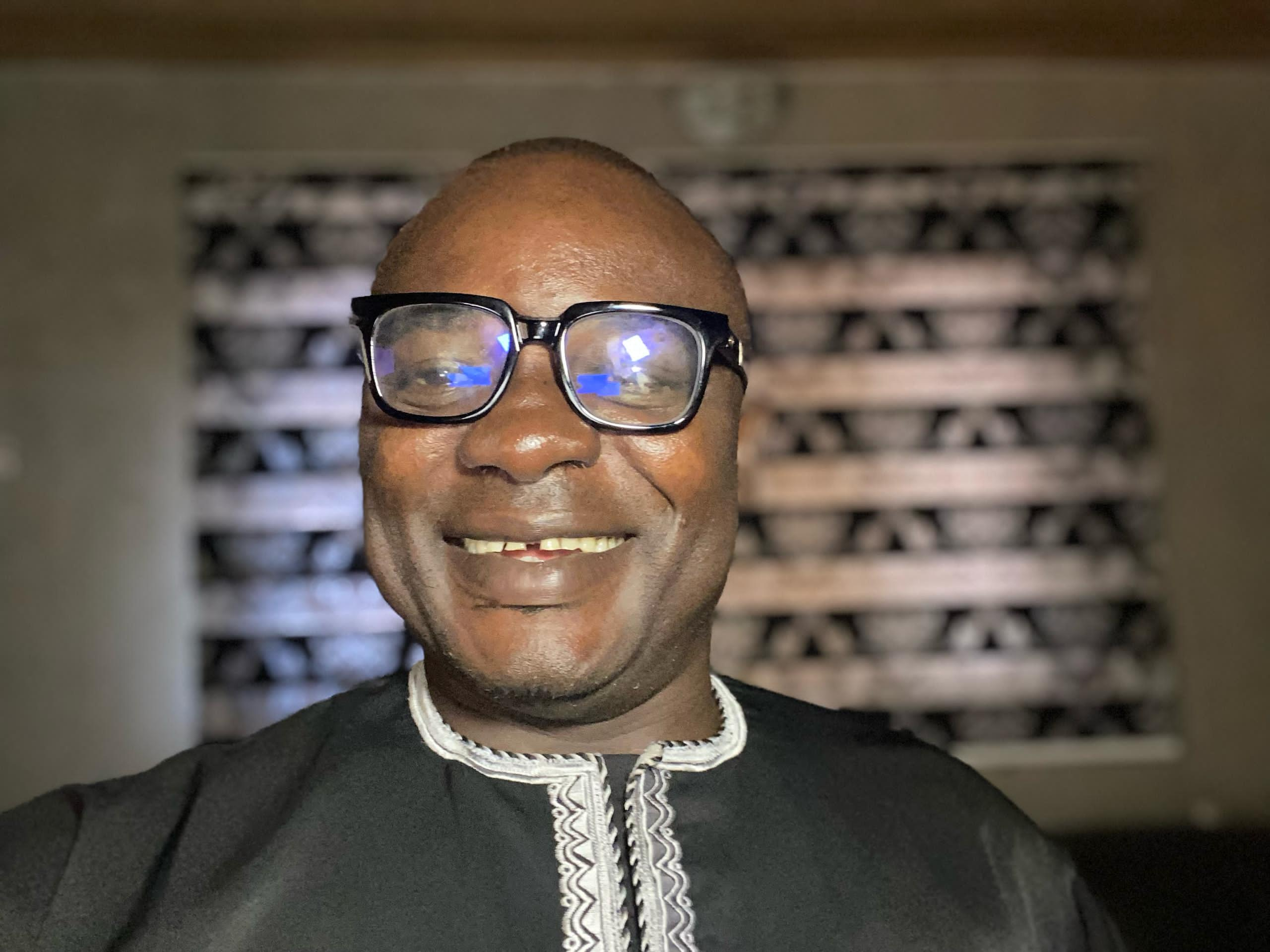Welcome to Ekuku Agbor – the unassuming, agrarian heartland of Ika South Local Government Area in Delta State, where almost every footstep leads you to a palm plantation and nearly every compound hums with the rhythm of oil mill machines. Ekuku Agbor is no longer just another peaceful village in the Niger Delta. It is now the veritable Headquarters of Palm Oil Production in not just Ika Nation, but arguably the entire country. Yes, Nigeria.
There’s a popular joke that before you count nine buildings in Ekuku Agbor, the tenth must have an oil mill attached to it. It’s no exaggeration. In fact, it captures the new reality of a people who have transformed their agrarian destiny by embracing the economic magic of the palm tree.
From Garri to Gold: A Quiet Agricultural Revolution
Before the palm oil boom, the people of Ekuku Agbor were known for their sprawling yam farms, garri processing sheds, and melon harvests. They were great farmers in the most traditional sense of the word. But all that changed with the silent invasion of oil palm plantations. Today, virtually every arable land in the community is now dotted with orderly rows of oil palm trees, a quiet agricultural revolution that is fast turning every landowner into a potential millionaire.
Palm oil, the new gold of Ekuku Agbor, has created an economic ecosystem that runs deep. From cutters to millers, engine operators, baggers, buyers, wholesalers, and inter-state distributors, the palm oil value chain has become the economic lifeline of the community. Youths are being productively engaged, women are running mini oil businesses, and elderly men who once struggled with post-retirement uncertainties now own palm farms that put steady cash in their pockets.
A Global Grade Product with Global Demand
Ekuku Agbor’s palm oil is not your average red oil. It is a premium-grade product, highly sought after across Nigeria and beyond. Buyers travel from Sokoto, Maiduguri, Kano, Abuja, Benin, Anambra, Ekpoma, Auchi, Warri, Lagos, and even Niger Republic to buy and stock the famous “Ekuku Red Oil.” The volume of transactions here would make a city bank branch jealous. It is that serious.
Yet, in the midst of all this prosperity, lie challenges so grave that they threaten to cripple the very boom that has transformed Ekuku Agbor into a goldmine.
Insecurity: A Prosperity Killer
It is often said that where money flows, danger lurks. The influx of buyers and the movement of huge sums of cash, unfortunately, attract criminal elements. In recent months, insecurity has been a growing concern. Many farmers now hesitate to visit their farms due to fears of attack or kidnapping. Likewise, buyers with heavy cash transactions often feel unsafe navigating the interior of the community without fear.
If the government is truly serious about food security and agricultural wealth creation, then securing Ekuku Agbor and other similar economic hotspots must become a top priority.
Banking Desert in a Cash-Heavy Economy
One would expect that a community transacting millions of naira daily in palm oil would boast at least one functioning bank branch. But no – Ekuku Agbor has zero banking presence. This is an alarming oversight in today’s digital and financial economy. Oil millers and farmers are left to conduct large-scale business in cash, exposing them to theft, financial loss, and limited access to credit facilities.
We are calling on commercial banks: Zenith, Access, Providus, Fidelity, Premium Trust, and the likes; to seize the opportunity and plant their financial roots in Ekuku Agbor. This is not a gamble; it is an investment into a booming and sustainable rural economy.
Bad Roads, Broken Promises
As if that’s not enough, the roads leading to Ekuku Agbor are in a disgraceful state. The Umunede/Umutu road, the main artery connecting the community to the outside world is overstretched, battered, and begging for attention. The alternate routes are either impassable or nonexistent. It is disheartening that a community contributing so much to the local economy must suffer such infrastructural neglect.
If this was an oil-producing community in the Niger Delta (yes, the crude oil type), one suspects the story would be different. But palm oil, despite being the new black gold, continues to suffer governmental snobbery.
Way Forward: From Potential to Global Standard
The editorial board of EOB News is calling on the Delta State Government, the Federal Ministry of Agriculture, and international development agencies to wake up. Ekuku Agbor deserves more. This community should not just be a national leader in palm oil production; it has what it takes to compete globally.
Government support in the form of improved seedlings, fertilizers, extension services, and training would help boost yield and quality. Investment in solar-powered or automated milling technologies will also modernize the processing phase. A palm oil processing cluster equipped with world-class facilities could turn Ekuku Agbor into Nigeria’s version of Malaysia’s palm oil hubs.
Most importantly, security must be restored and preserved. An insecure economy is a dying one.
Final Word: Don’t Just Clap, Invest!
Ekuku Agbor has done something remarkable, they didn’t wait for government handouts. They took charge of their destiny with bare hands, hoes, cutlasses, and sweat. Now, it’s time for the government, private sector, banks, and investors to stop clapping and start investing.
This isn’t just about Ekuku Agbor, this is about reimagining how we support agrarian communities that have figured out how to turn soil into gold.
Let the world come to Ekuku Agbor, and let them find a model for agricultural success.
EOB News Editorial Team:
The voice of the people, for the progress of the people.
Ewere Okonta is the CEO of EOB Media. He writes from the Department of Business Administration, University of Delta, Agbor.


